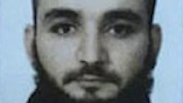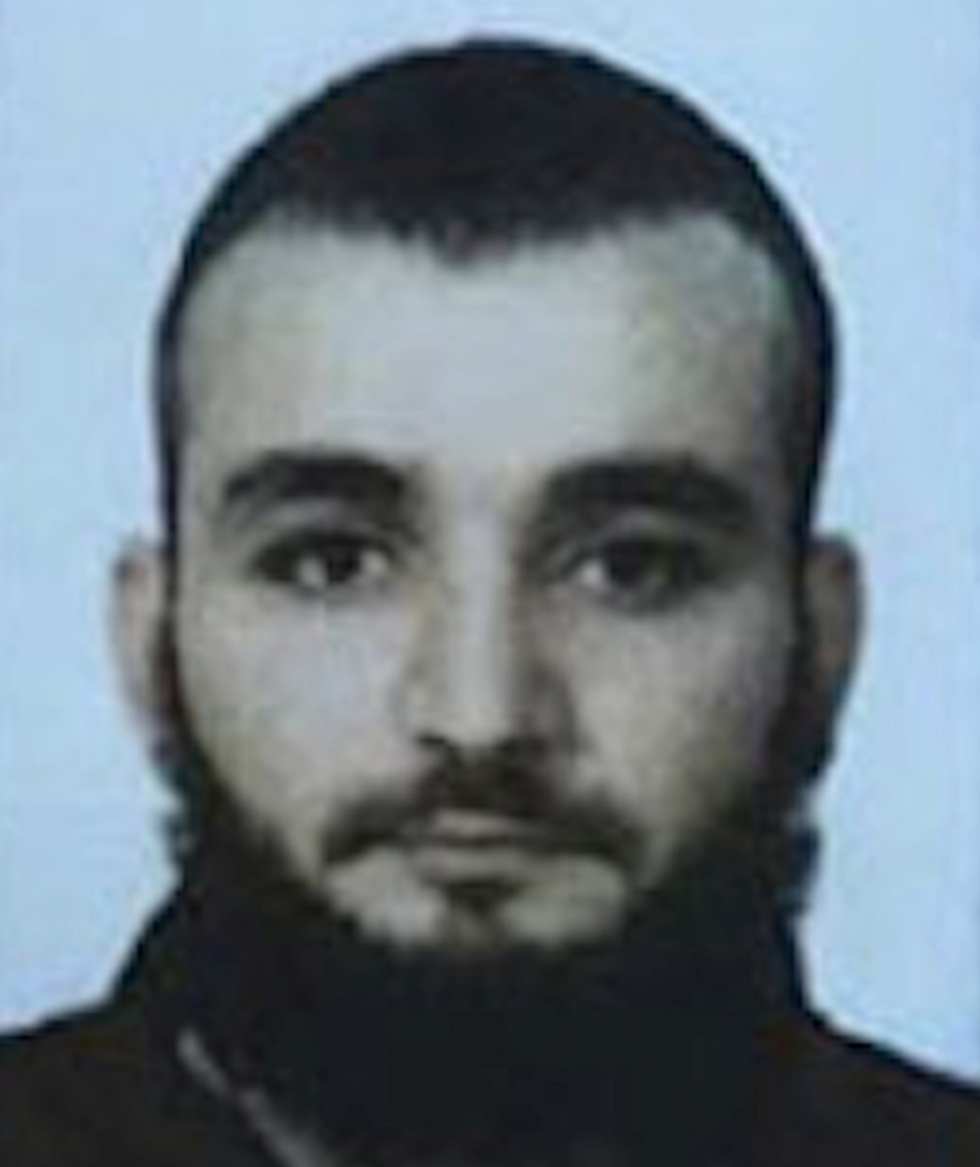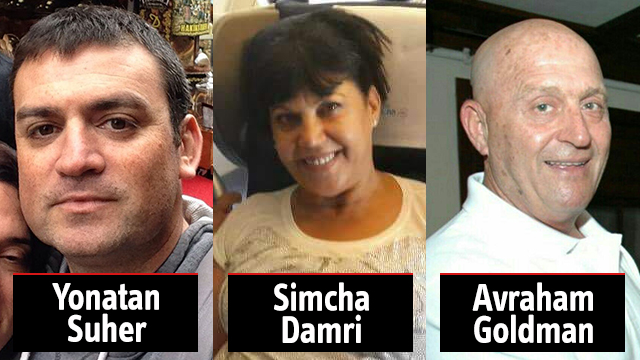
DNA test confirms Istanbul bomber has ISIS ties
Turkish authorities compare DNA of suspect's father to remains found at the scene of bombing, confirming that Islamic State terrorist Mehmet Ozturk committed the attack that killed three Israelis.
Police were questioning the father and brother of the alleged bomber Ozturk and had determined his identity by checking a DNA sample from the blast scene against one taken from his father, security sources said.
Ozturk's family reported him missing after he went to Istanbul in 2013, the security sources said.
"The identity of the terrorist who carried out this reprehensible attack has been determined...The findings obtained show that the terrorist is linked to the Daesh terror organization," the minister said, using an alternative acronym for ISIS.
At least four people were murdered - three Israelis and one Iranian national - and 36 wounded in the suicide bombing on Saturday morning on the city's famous Istiklal Street, a popular tourist destination visited by many people on weekends. Among the Israeli wounded and dead were members of two different tour groups, which apparently met on Istiklal Street just before the attack.
Ozturk, a Turkish national, was born in 1992 in the city of Gaziantep in southeastern Turkey, a province which borders Syria.
Ala said Ozturk had no previous criminal record and five other people were detained as part of the investigation.
Earlier, Turkish media reported that Ozturk, who was known to Turkish security forces as a member of ISIS, was among the main suspects in the attack.
Turkey has endured six suicide bombing attacks in less than a year. The country faces a wide array of security threats including from ultra-left radicals, Kurdish rebels demanding greater autonomy who currently are locked in battle with security forces in the southeast, as well as the Islamic State group.
Turkey is also a partner in the US led coalition against ISIS and its air bases are being used to launch bombing runs against the group in neighboring Syria.
Two of the attacks this year hit the Turkish capital, Ankara. An off-shoot of the banned Kurdistan Workers' Union claimed the Feb. 17 car bombing that killed 29 people and the March 13 suicide bombing that killed 37 people. On Jan. 12, an attack that Turkish authorities blamed on IS claimed the lives of a dozen German tourists visiting Istanbul's historic sites. That attack delivered a bitter blow to the country's vital tourism sector.
Ala said Turkey was determined to press ahead with its fight against terror groups but admitted it was difficult to prevent suicide attacks.
"We are working so that they do not happen," the minister said.
On Sunday, well-wishers placed carnations and candles at the scene of the attack, with one placard reading "We are on the streets, we are not afraid of you."
The attack came has Turkey had heightened security across the country in the run-up to the Kurdish spring festival of Newroz on March 21, which Kurds in Turkey traditionally use to assert their ethnic identity and demand greater rights.
Ala said 120,000 police and 80,000 military police were on duty during the Newroz period and more than 1,000 police checkpoints had been set up.












